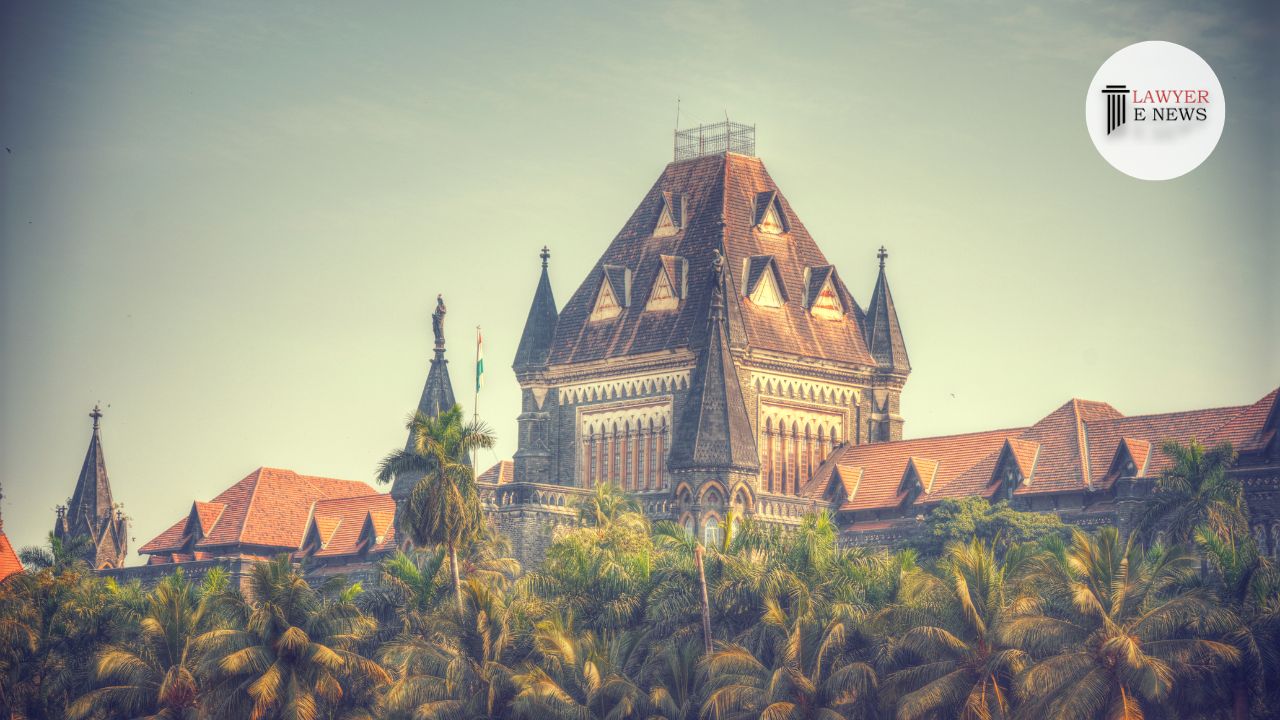-
by Admin
19 February 2026 3:14 PM



In a significant legal verdict, the judiciary has delivered a judgment in a heart-wrenching case of a fatal burn incident. The defendant has been convicted of culpable homicide, with a sentence of 10 years in prison and a fine of Rs.1,000. Furthermore, the defendant has been acquitted of charges under Sections 498A and 341 of the Indian Penal Code.
The verdict was pronounced by Justices Shivkumar Dige and A.S. Gadkari, who examined the case closely. Their observations shed light on the tragic incident and the intent behind it. As the judgment was delivered, Justice Dige remarked, "The act of the defendant falls under Section 304 (Part-II) of the IPC."
The Court considered the circumstances surrounding the incident and found that it had occurred suddenly during a heated moment. Justice Gadkari emphasized, "The incident happened in the spur of the moment, and the defendant had knowledge about the act he was committing. Therefore, the offense is culpable homicide not amounting to murder."
Apart from the legal outcome, the Court addressed the issue of legal fees for the defendant's representation. Mr. Hrishikesh Chavan, the appointed counsel to prosecute the defendant's case by the Legal Aid Committee, has been granted legal fees and expenses quantified at Rs. 20,000. This decision was taken in recognition of the importance of providing effective legal representation.
The Court's decision has set a precedent in understanding cases involving fatal incidents and distinguishing between intentional murder and culpable homicide. The verdict has sent a message about the significance of evaluating the circumstances and intent behind such unfortunate events.
This landmark judgment serves as a reminder of the complexities involved in criminal cases and the judiciary's commitment to ensuring justice is served in a fair and comprehensive manner.
D.D-12.Oct.2023
Israr Mukhtar Varsi, vs The State of Maharashtra
